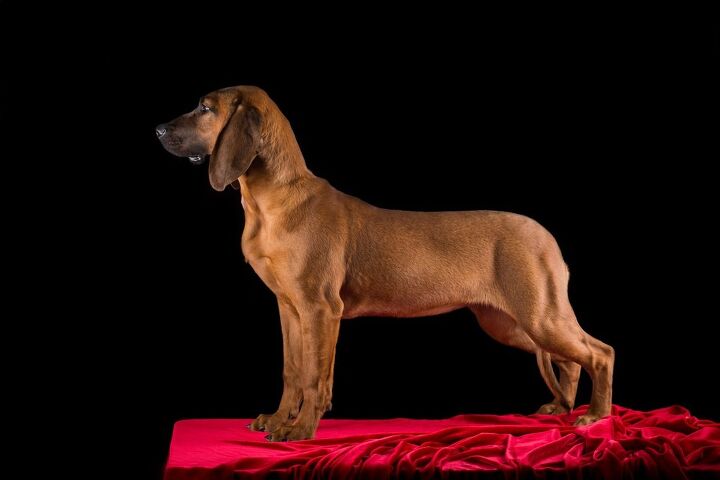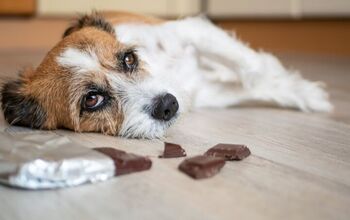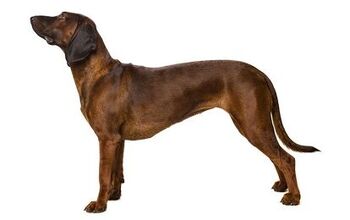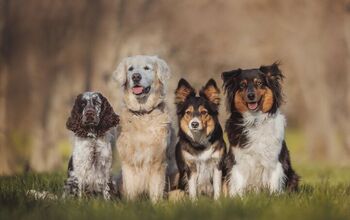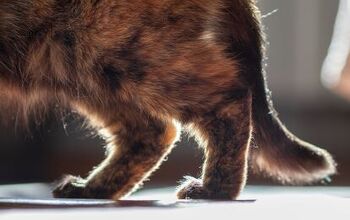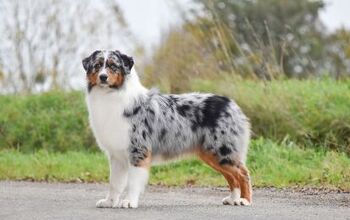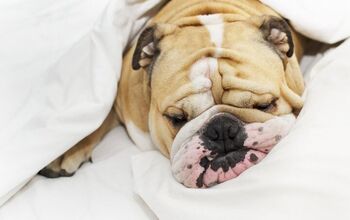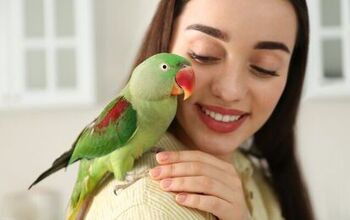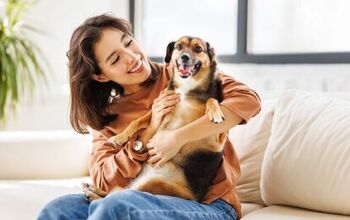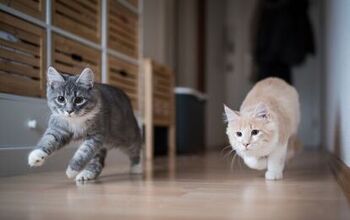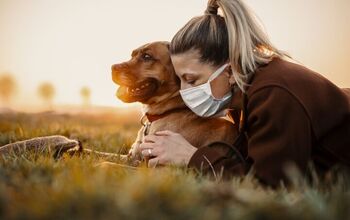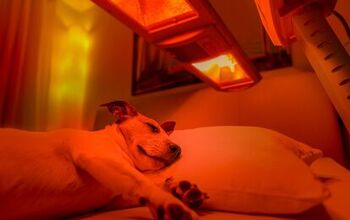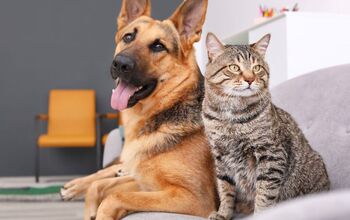Hanover Hound


About Hanover Hound
Also known as the Hanoverian Hound, the Hanover Hound is a hunting and tracking breed descended from medieval bloodhounds. This breed has a strong, muscular build with long legs and a broad, deep chest – he looks like the ultimate hunting hound. If you are looking for a talented hunting dog that also does well as a family pet, consider the Hanoverian Hound.
Also known as the Hanoverian Hound, the Hanover Hound is a hunting and tracking breed descended from medieval bloodhounds.
The origins of the Hanover Hound can be traced back to the 17th century in Germany. These dogs were bred from the large bloodhounds of the medieval era known as Liam Hounds, a large hound breed used for hunting and tracking. The Hanoverian Hound was introduced to France in the 1980s and was crossed with the Bavarian Hound to create the Bavarian Mountain Hound breed. This breed continues to be fairly rare today.
The Hanover Hound is descendant from the Liam Hound, the large bloodhound used for hunting and tracking in Germany during the medieval era.
As a large-breed dog, the Hanover Hound should be fed a high-quality dry food formulated for large breeds. The Hanover Hound is also a hunting breed, so he may respond well to an active or working breed formula. You still need to be careful about overfeeding, however, to prevent obesity.
The Hanover Hound is a calm and gentle breed by nature, though it can be a little aloof around strangers.
The Hanover Hound is an intelligent and obedient breed that responds well to positive reinforcement training. These dogs are very loyal and they excel at various forms of hunting and tracking. The Hanoverian Hound can sometimes develop a bit of a hunting streak, so a firm and consistent hand in training is a must, but they have excellent stamina and a strong work ethic. This breed can also be a little sensitive at times, so it should be treated gently and with respect.
The Hanover Hound is a large dog, standing 19 to 21.5 inches tall and weighing anywhere from 80 to 100 pounds at maturity. Males of the breed tend to be larger than females.
The Hanover Hound is a calm and gentle breed by nature, though it can be a little aloof around strangers. This breed is incredibly loyal and bonds closely with family. The Hanoverian Hound can easily distinguish between strangers and friends and tends to be fairly reserved around people he does not know. When socialized from a young age, the Hanoverian Hound gets along very well with children, though he may chase cats and other small household pets. This breed does well when he has a job do to and will also do well with certain dog sports like flyball.
The Hanover Hound is generally a very healthy breed with a lifespan befitting a dog of its size. Like any dog, however, this breed is prone to certain health problems which may include ear infections, hip dysplasia, cancer, and bloat. These dogs are also sensitive to anesthesia and are prone to obesity with overfeeding or lack of exercise.
The average lifespan for the Hanover Hound is between 10 and 14 years.
The Hanover Hound is a hunting breed with excellent stamina and work ethic. In the home, however, he is not an overly energetic breed. This dog does not do well in an apartment setting but can be kept as a house pet with adequate daily exercise. These dogs also appreciate having a large fenced yard to run around in and will benefit from some active play time.
The Hanover Hound is an intelligent and obedient breed that responds well to positive reinforcement training.
The Hanover Hound is not currently recognized by the AKC but it is a member of the Scenthound group for the UKC.
The Hanover Hound has a short, coarse coat of dark fur that tends to be a little longer on the back of the legs and under the tail. This breed comes in differing shades of red with varying degrees of stippling – it may or may not also have a face mask. Some small white patches on the chest are admissible. Due to the length of this dog’s coat, coat maintenance is easy – simple daily brushing is recommended to control shedding and to keep the coat and skin in good health.
The Hanover Hound can grow up to be a somewhat stubborn dog, so it is recommended that you start puppies with socialization and training as early as possible. These dogs grow up to 100 pounds, so it is a good idea to feed puppies a large-breed puppy formula to prevent them from growing too fast and developing musculoskeletal issues. Once your Hanover Hound puppy reaches 80% of his adult size you can switch to a large-breed adult recipe.
Photo credit: Alexandra Morrison Photo/Shutterstock; Eva Foreman/Shutterstock

Kate Barrington is the loving owner of two cats (Bagel and Munchkin) and a noisy herd of guinea pigs. Having grown up with golden retrievers, Kate has a great deal of experience with dogs but labels herself a lover of all pets. Having received a Bachelor's degree in English, Kate has combined her love for pets and her passion for writing to create her own freelance writing business, specializing in the pet niche.
More by Kate Barrington



